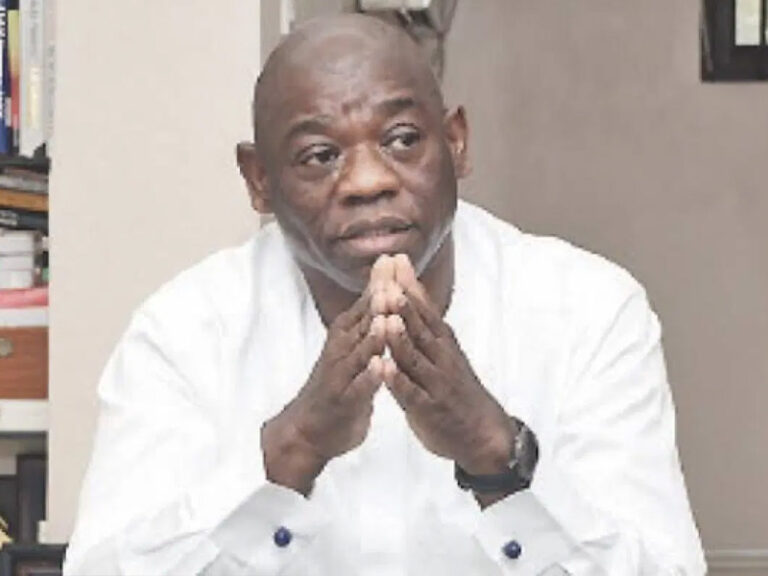Kola Abiola, son of the late Chief M.K.O. Abiola, has described President Bola Tinubu’s recent national honours for key June 12 figures as a commendable first step, but called for a more inclusive recognition that reflects the full scope of sacrifices made during the struggle to restore democracy in Nigeria.
Speaking in an interview with ARISE News to mark this year’s Democracy Day, Kola praised the president’s decision to honour prominent figures such as General Shehu Musa Yar’Adua, Professor Wole Soyinka, Professor Humphrey Nwosu, and Kudirat Abiola — wife of M.K.O. Abiola and fellow pro-democracy martyr.
“I think he’s done well by taking the first step by recognising specific names. As to what criteria or what justification for some, I’m sure they know best,” Kola said.
However, he questioned the omission of some key contributors to the struggle, noting that the criteria used by the federal government remained unclear. He cited individuals such as Bello Buhari as among those who should not have been excluded.
“Someone like that definitely should have been included. That’s why I said I’m not sure of the criteria they use or their understanding of events. But someone like that cannot be left out for example. So many other names in there, but it’s done, it’s done,” he said.
Kola Abiola also pointed to his own involvement as one that merited national recognition, recalling the personal risks and trauma he endured in the aftermath of the annulled June 12, 1993, presidential election.
“There are some names that should have at least been on that list irrespective of your political affiliation. Someone like me for example. I was deeply involved in the pre and the post-election,” he said.
While the Tinubu administration has taken visible steps in commemorating the date, now a national holiday, Abiola said these gestures fall short of what is needed to preserve the spirit of the struggle.
Beyond the matter of honours, he renewed a long-standing demand for the repayment of ₦45 billion owed to the Abiola family, describing it as part of unresolved injustices that must be addressed.
Reflecting on the significance of the June 12 election, widely hailed as the freest and fairest in Nigeria’s history, Abiola lamented that the country has failed to learn critical lessons from that era.
“Look, how do you go from what is actually the best election in Nigeria, the 1993 election, to what we have today?” he asked. “Even the then-president, Babangida, if there’s one thing he did right, it was to make sure we conducted a very good election. It was violence-free. People were dancing in the streets.”
In contrast, he said today’s elections are marred by ethnic and religious divisions, widespread insecurity, and voter disillusionment.
“We’re now divided ethnically and religiously. Neighbours are fighting each other. There’s total insecurity around elections and campaigns because everybody feels sidelined and is taking the law into their own hands.”
He expressed concern that younger Nigerians have become disconnected from the ideals of June 12.
“Sixty-five percent of our population don’t even remember what happened back then. Even among MKO’s kids, 65% of us were 10 years old or younger at the time. Let alone today’s youth, how would they understand the implications of that election?”
Responding to critics who argue that June 12 was glorified by the Lagos-Ibadan press and not entirely democratic, Abiola recalled a conversation with the late General Shehu Yar’Adua.
“When the interim government discussion came, I sat with him and asked, ‘Sir, what do we do next?’ He said, ‘Whatever we do, let’s make sure they (the military) go.’”
Abiola emphasised that the entire June 12 movement was part of a broader six-year programme to end military rule and restore democracy, even if it meant playing by the military’s rules.
“They (the military) were the judge and jury. But if that’s how they wanted to play it — so be it. Let us just get them out of the room. And it doesn’t come any more credible or valid than that.”
With this renewed call for recognition and restitution, Kola Abiola urged the Tinubu administration not to politicise the June 12 legacy but to take bold, corrective steps that will enshrine it in national memory and consciousness.
“People need to understand and own this thing so we prevent it from happening again,” he said.
Chioma Kalu

